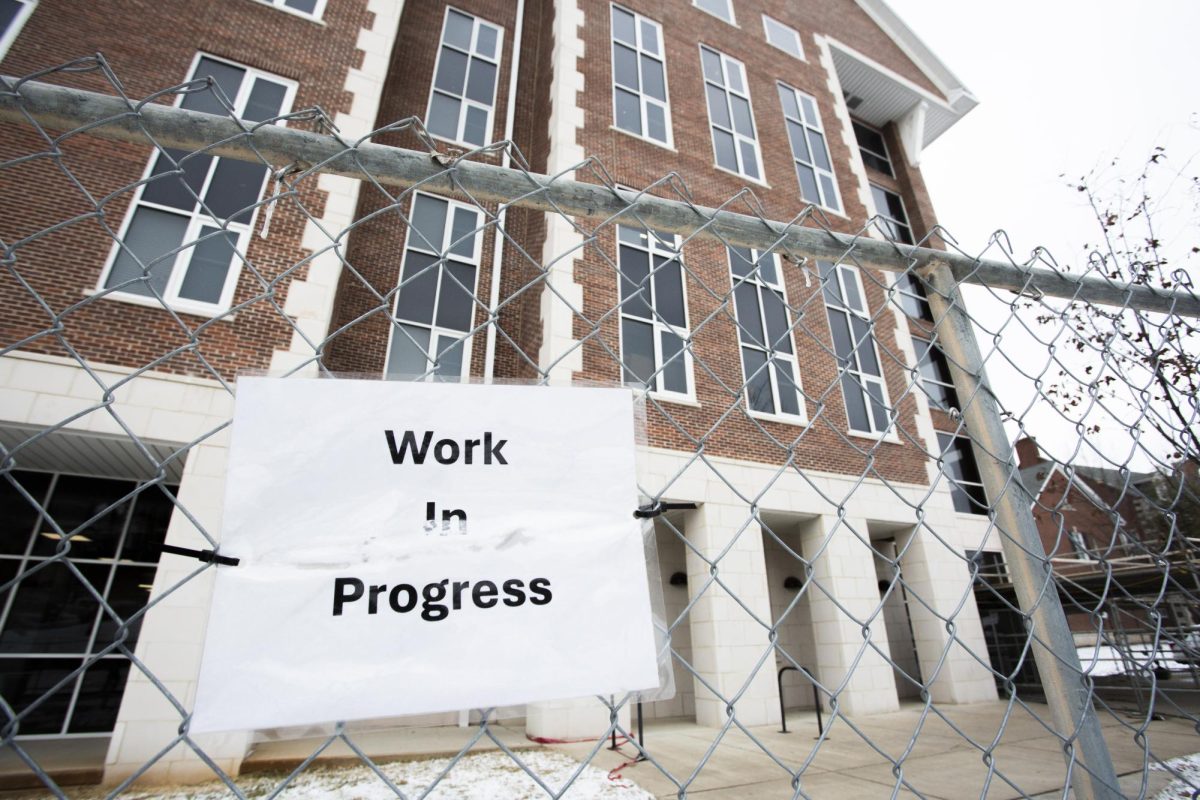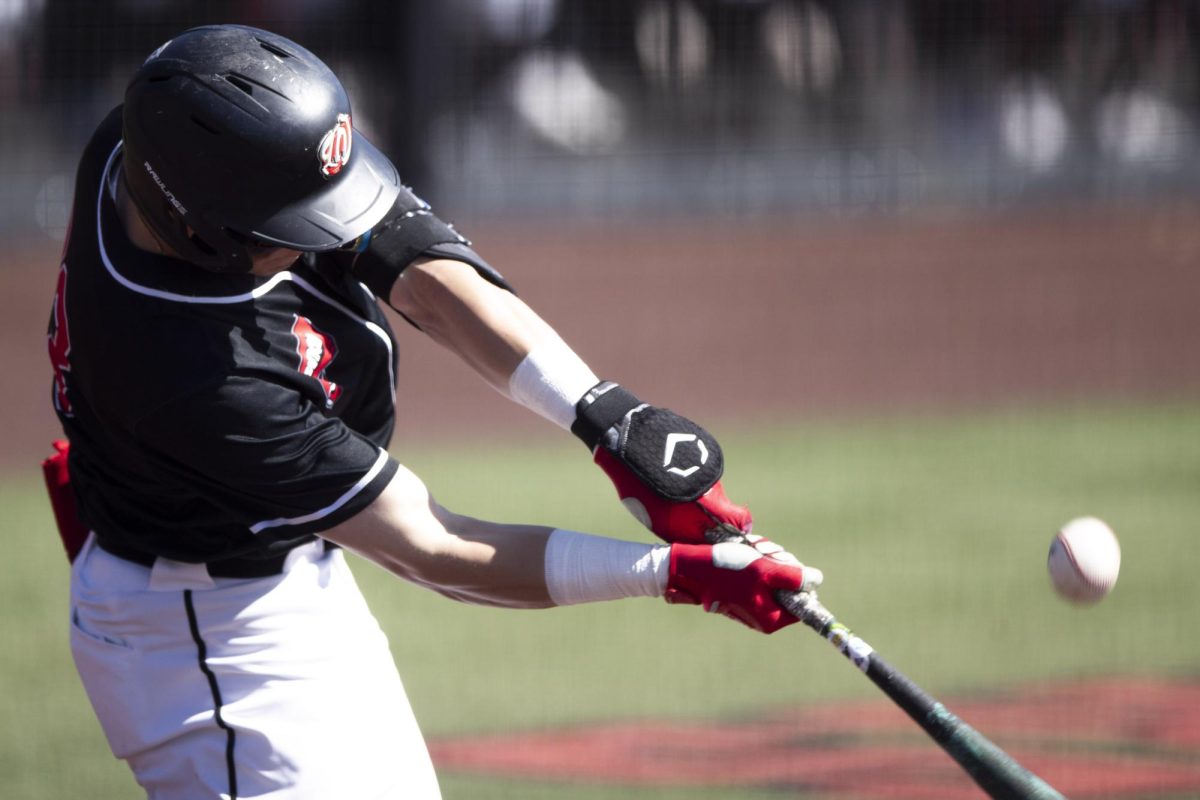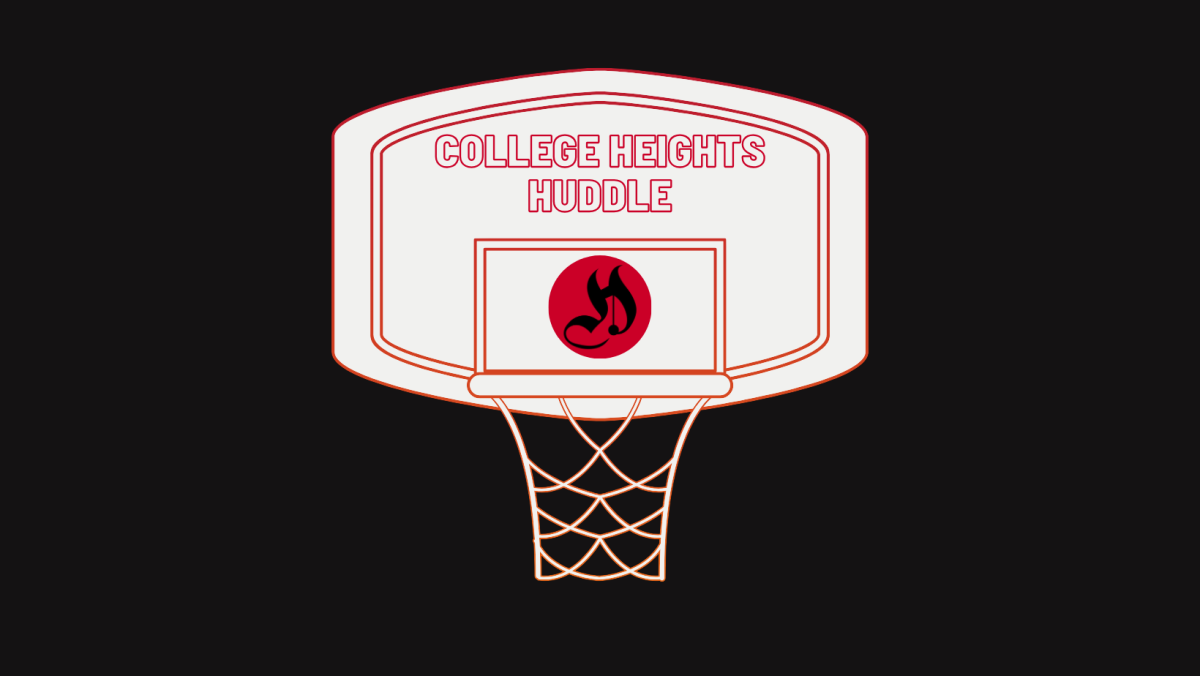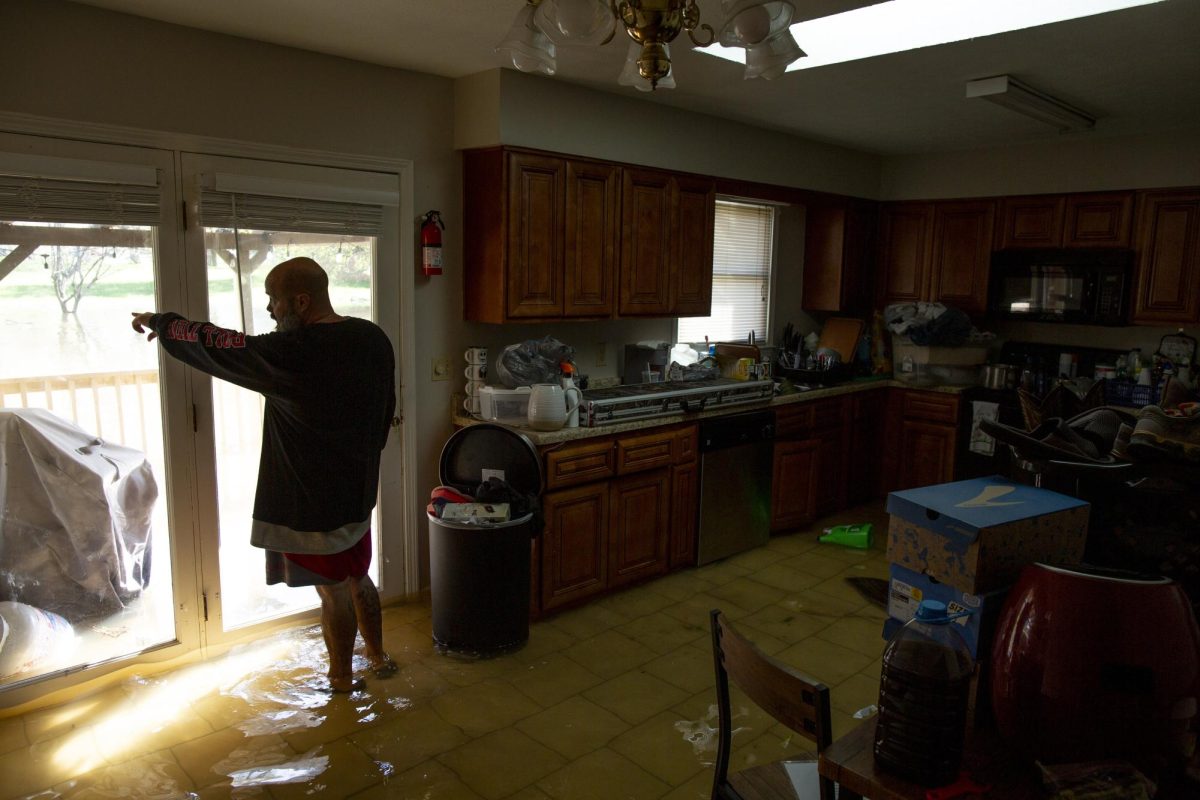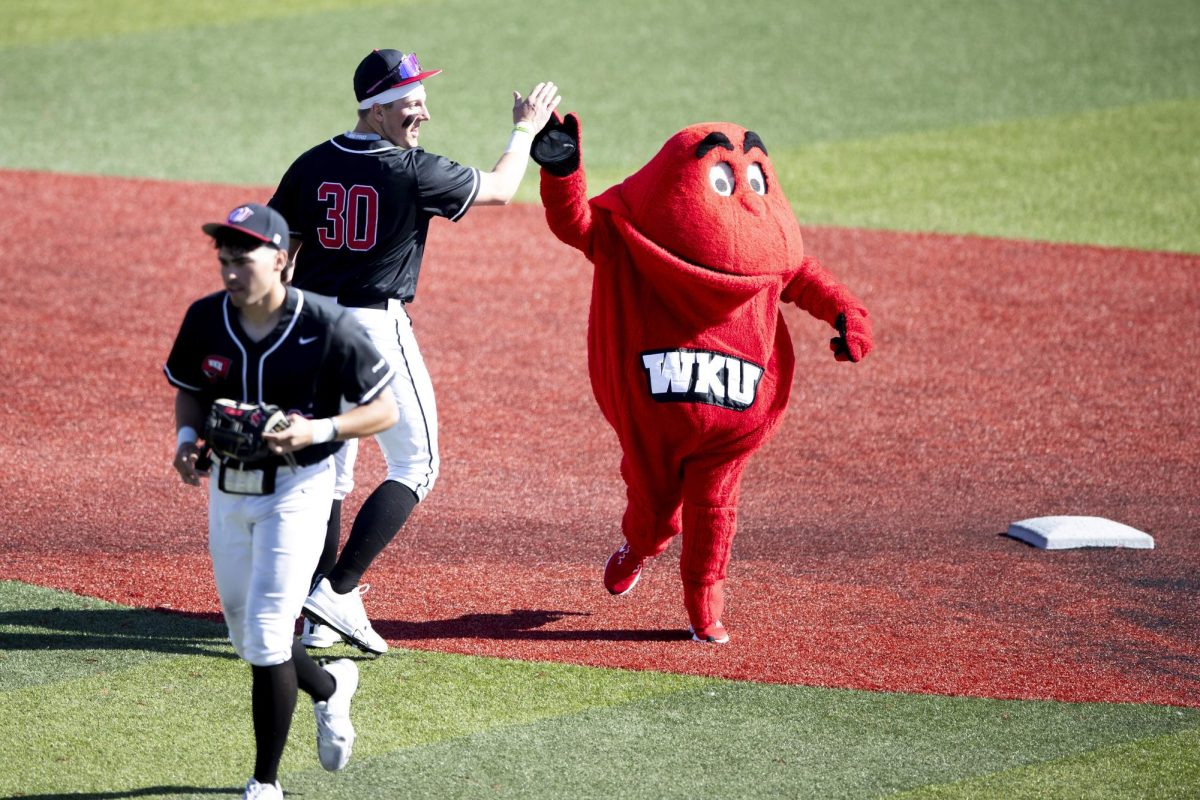Culture series attracts expensive speakers
December 1, 2016
WKU’s Cultural Enhancement Series began as a way to creatively educate college students and the community through opportunities to see “renowned” speakers and performers for free.
However, currently no outside donations are made directly to the Cultural Enhancement Series.
The current chair of the series Lawrence Snyder, who is also dean of the Potter College of Arts and Letters, hopes to see some corporate underwriting in the future.
“That would help to phase some of those costs so they’re not all coming out of the central budget,” Snyder said.
Since its founding in 1997, the series has grown in popularity and expense reaching a current budget of approximately $179,500, which comes from the university’s central budget. This is the second fiscal year since the budget was decreased from $233,300.
Snyder said the cultural education of the campus and community is part of the Cultural Enhancement Series’ mission.
Students and community members have been offered free admission to the events since the series’ beginning. The events are usually held in Van Meter Hall with seats taken on a first-come, first-serve basis.
“The Cultural Enhancement Series committee has had discussions about charging for this, but there’s kind of a feeling that the tradition is that it’s free, that we want as few barriers as possible to folks having the opportunity to see and hear these visitors,” Provost David Lee and the first chair of the series said. “I don’t know that the committee can stay with that commitment endlessly, but at least for the first 20 years, we’ve remained committed to free events.”
While the students and community enjoy free admission, the speakers themselves are paid to give presentations at WKU. Bill Nye, “the Science Guy,” was paid $42,000 from the Cultural Enhancement Series budget to speak in Diddle Arena in October two years ago.
In perspective, the total university operating budget for the 2016 fiscal year was $402,252,000 with approximately 50 percent funding coming from tuition and fees. The budget for the series is a small part of the overall budget, but $162,850 of the roughly $179,500 is used each year on professional contracts for performers. These payments are technically connected to funding paid to the school by students.
“Do I think prices are high these days?” Snyder said. “Yeah probably so, but they’re not out of line in terms of the market, and so I think this is a good use of university money.”
Lee said the range of how much speakers and performers are paid even within the Cultural Enhancement Series can be extreme. Abigail Washburn and the Wu Force, an Appalachian-Chinese folk trio, were paid $9,000 for a performance in 2014. The Martha Graham Dance Company was paid $45,500 to perform in February this year.
“What it comes down to is that if you want to bring folks in with more name recognition that’s probably going to be a more expensive cost,” Lee said. “One of the things the Cultural Enhancement Series gets prodded about is people want to occasionally have the opportunity to see and hear somebody who’s well-known.”
Nye’s speech had an attendance of 6,500 people. Lee said the tickets for Nye were gone in a couple hours after being made available online.
“The student demand, the public demand was enormous,” he said.
Wynton Marsalis and the Lincoln Center Jazz Orchestra came to WKU a month before Nye. The cost for that performance was $57,500 and 850 people attended. Lee said the orchestra performed in Nashville a few weeks later for at least $50 a ticket, but people were able to see them in Bowling Green for free.
“While these numbers seem high, and they are, they’re very standard,” Snyder said. He emphasized even when WKU turns speakers away because of the amount of money it asks for, it will get that amount from another school anyway. If WKU isn’t willing to pay, another university will.
Some of the other most popular speakers from the last five years in terms of attendance include Neil Gaiman, $45,000; Sam Bush, $15,400; Michio Kaku, $27,000; Cornel West, $22,000; and Garrison Keillor, $40,000.
Gaiman brought 700 people in attendance, Bush brought 850 and Keillor brought 800.
Some speakers can draw thousands of people, while others bring around three to four hundred. Snyder said it depends on the campus and community’s interest levels, but there are other factors as well.
A search committee for the series aims to bring a range of speakers each year, such as musicians, authors, political figures and scientists.
Kelly Scott, coordinator of the series, said she gets names from the committee of people of interest, then contacts those people to inquire about fees and availability. The speaker fees are all inclusive, so they include travel and housing accommodations.
“The committee decides who to bring and keep students at the forefront of their decision making in regards to demographics,” Scott said.
“We work with agencies and sometime individuals, but mostly agencies that represent speakers or artists,” Scott said. “They provide the fee and any other expenses which we wrap into an all-inclusive fee. We do try to negotiate fees as best we can, but most speakers and artists will work with us because we are a university, which is really nice.”
Snyder said there isn’t a lot of negotiation that occurs with the speaker fees. Usually the agency or individual will set the price for how much WKU has to pay to bring the person in.
Sometimes he said part of the negotiation involves asking whether the speaker will do something “extra” aside from their presentation. Snyder said it is preferred if a negotiation can be made for a book signing or a meeting with students before a lecture or a master class with string students.
Other times, WKU is able to save money on speakers when they will be in the area with an open date and need something to fill it.
“Occasionally you’ll catch a break like that,” Lee said.
Some potential speakers are turned away because they ask for more money than WKU can pay while staying within the budget or will have enough leftover to pay other speakers.
Lee said initial responses to the series in when it first began were “very positive.” Another similar series had been lost to budget cuts a few years before.
“I think the campus was very pleased to see a series like this come back,” Lee said.
Reporter Callie Miller can be reached at 270-745-6011 and caroline.miller528@topper.wku.edu. Follow her on Twitter at @callie_miller8.









